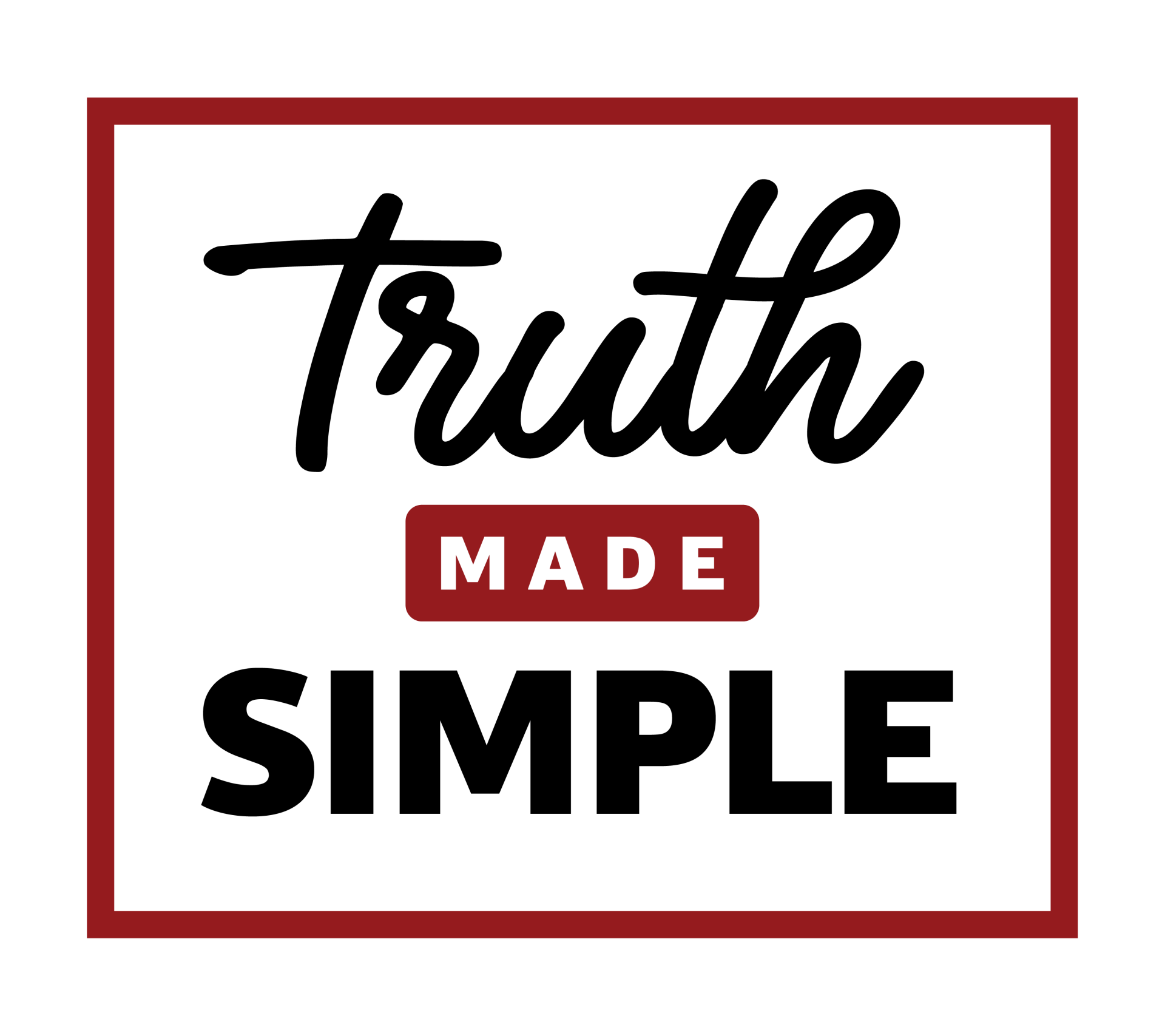COVID, Racism, Riots, and Politics: Systemic Racism? (Part 3)
Systemic racism. What comes to mind when you hear that term? Internal resistance or general agreement? Why?
Furthermore, is one right and the other wrong depending on whether or not you believe in its existence or disavow its reality? Is there value in holding to either viewpoint? If so, how might you express that value to someone who disagrees with you? And ultimately, how will it help you bring the Kingdom of God to those who are experiencing injustice or to those who feel unjustly named racists?
Let me clarify that this post is not about whether or not systemic racism exists. Rather, it’s about getting those who believe it is not real to dialogue with those who believe it is. It’s another hot button topic—dividing people, escalating emotions, and creating vehement arguments. What if much of the discussion around this issue has done little to advance the Kingdom of God?
So how might a commitment to God’s Kingdom inform our opinions on this issue? Or does our Christianity even factor into this discussion? Are we sometimes more concerned with winning an argument and pointing out why someone else is misinformed?
What if it matters little what opinion you held on systemic racism? You might argue that there’s studies and data—on both sides of the issue. You may be sharing it, proclaiming it, and arguing based on it! But is it ultimately bringing healing to real people with real stories? For those who have suffered injustice—is making your point “loudly” winning you an audience and moving the needle forward in terms of the big picture? What if the real solution has more to do with dialing down our opinions so we can begin to dialogue, experience human compassion, obtain mutual understanding, and discuss a way forward?
Finally, most people of color (POC) I know have had some definite negative experiences that to them feels like systemic racism. Were those incidents all due to systemic racism? Were they all race-related? Maybe. Maybe not. But here’s the real question—how much does it really matter? The bottom line is that all people have their stories and as followers of Christ we should always be willing to listen to those who have experienced injustice in our society, whether they are POC or not. So during this time, when so many negative experiences are being highlighted by POC, everyone should at least be willing to listen and learn rather than argue about whether or not systemic racism exists. Let the peace of God bear on this issue. Be part of the solution instead of further exacerbating the problem. Listen to each other compassionately and perhaps you’ll gain an opportunity to share a perspective that needs to be heard.
[Related side note: Language is so important. We get triggered by certain words and interpret some terms differently than others would. I’ve even wondered if the conversation around “racism” would be better served if we used the term “prejudice” instead. We all have certain biases and prejudices toward others whether they are short (me!) or tall, bald or hairy, skinny or ‘not-so-skinny,’ rich or poor, endowed with greater skin pigmentation or less, and from outside America or not. I remember being derided one time in the Kuala Lumpur airport with the words, “Oh, you’re an American!” to which I responded—“I’m actually a Canadian.” At that point the person I was speaking to completely changed their demeanor and accepted me with decisive positivity. Perhaps you’re aware that many Americans traveling abroad have sown Canadian flags on their backpacks just to gain greater acceptance wherever they go. That’s not to denigrate Americans or the USA. But it's important to note that superpower status comes with both blessings and curses. So what do you think? Is the term “racism” perhaps a wrong or inaccurate designation? Would it take attention away from an important issue or would it help reframe the conversation and make us all more aware of our need to address personal prejudices? (Especially “racism,” if that’s what it is. Civil rights leader, John M. Perkins, makes a pretty good case for all humanity being one race, as I pointed out in part 2 of this series last week.) In any case, Apostle Paul gets the last word in Galatians 3:28—“There is neither Jew nor Gentile, neither slave nor free, nor is there male and female, for you are all one in Christ Jesus.”]
Feedback? Thoughts? Please email them to luke@lukekuepfer.com.














